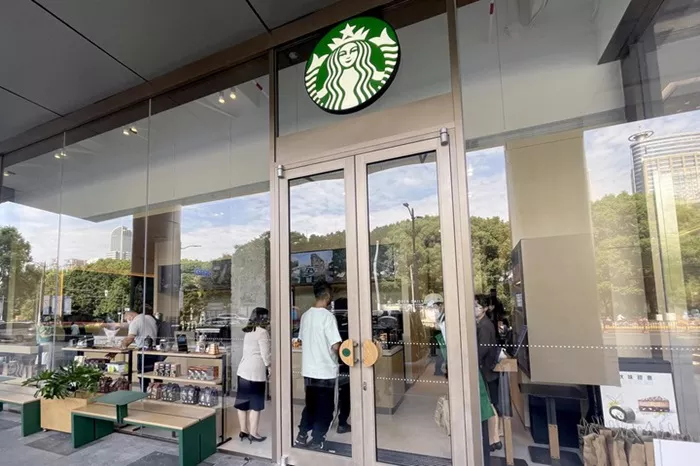Starbucks is a global coffeehouse giant known for its extensive menu and unique coffee culture. But beyond its popular beverages and cozy ambiance, many customers wonder about the ethical and environmental impact of Starbucks coffee. One key question that often arises is whether Starbucks coffee is Fair Trade. In this article, we will explore what Fair Trade certification means, how Starbucks incorporates ethical practices into its business model, and the extent to which Starbucks coffee aligns with Fair Trade principles.
See Also: Which is the Best Frappuccino at Starbucks? A Comprehensive Guide
What is Fair Trade?
Fair Trade is a global movement designed to improve trading conditions and promote sustainability. It focuses on ensuring fair wages, safe working conditions, and environmental sustainability for farmers and workers in developing countries. Fair Trade certification is granted to products that meet these rigorous standards.
Fair Trade Certification
To become Fair Trade certified, products must meet specific criteria. This includes paying farmers a fair price for their goods, ensuring safe and ethical working conditions, and supporting community development projects. Fair Trade also emphasizes environmental sustainability, requiring practices that reduce harm to the environment.
Starbucks and Fair Trade
Starbucks has made significant efforts to incorporate ethical practices into its business model. The company supports coffee farmers through its Coffee and Farmer Equity (C.A.F.E.) Practices. These practices focus on ethical sourcing, environmental sustainability, and community support.
Starbucks’ Ethical Sourcing
Starbucks sources its coffee beans from various regions around the world. The company is committed to responsible sourcing and has implemented several initiatives to support coffee farmers. These initiatives include the C.A.F.E. Practices, which evaluate coffee suppliers based on quality, economic, social, and environmental criteria.
C.A.F.E. Practices
C.A.F.E. Practices is Starbucks’ own coffee sourcing program. It was developed in collaboration with Conservation International to ensure that coffee is sourced responsibly. The program includes standards for labor practices, environmental impact, and economic transparency. It aims to support coffee farmers and their communities while promoting sustainable farming practices.
Starbucks’ Fair Trade Coffee
Starbucks offers a selection of Fair Trade Certified coffee. These coffees meet the standards set by Fair Trade International. By offering Fair Trade Certified options, Starbucks provides customers with the opportunity to support ethical coffee production.
Impact of Fair Trade Coffee
Fair Trade coffee has a positive impact on farming communities. It helps improve living conditions for farmers, supports community development projects, and promotes environmental sustainability. By purchasing Fair Trade coffee, consumers contribute to these benefits and support ethical trade practices.
Challenges and Criticisms
Despite its efforts, Starbucks faces criticism regarding its Fair Trade practices. Some argue that the company does not do enough to support small-scale farmers and that its Fair Trade offerings represent only a small portion of its total coffee. Critics also point out that Starbucks’ C.A.F.E. Practices, while beneficial, are not the same as Fair Trade certification.
Starbucks’ Commitment to Sustainability
Starbucks is dedicated to environmental sustainability and social responsibility. The company has set ambitious goals to reduce its environmental footprint and support ethical practices. These goals include reducing waste, conserving water, and promoting ethical sourcing.
Future of Fair Trade at Starbucks
Looking ahead, Starbucks is likely to continue its focus on ethical sourcing and sustainability. The company may expand its Fair Trade offerings and strengthen its commitment to supporting coffee farmers and their communities. As consumer awareness and demand for ethical products grow, Starbucks will need to adapt and innovate to meet these expectations.
Consumer Role in Ethical Coffee
Consumers play a crucial role in promoting ethical coffee production. By choosing Fair Trade Certified coffee and supporting companies with strong ethical practices, consumers can help drive positive change in the coffee industry. Starbucks’ efforts to offer Fair Trade options are part of a broader movement towards more responsible and sustainable coffee production.
Conclusion
Starbucks’ coffee is not exclusively Fair Trade, but the company offers Fair Trade Certified options and supports ethical sourcing through its C.A.F.E. Practices. While there are challenges and criticisms, Starbucks is making strides towards sustainability and ethical trade. As consumers, we have the power to influence the coffee industry by making informed choices and supporting responsible practices.


